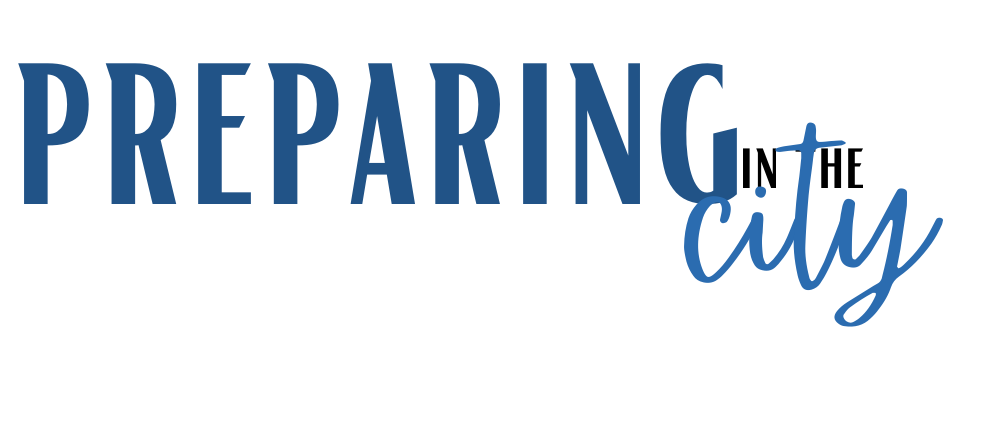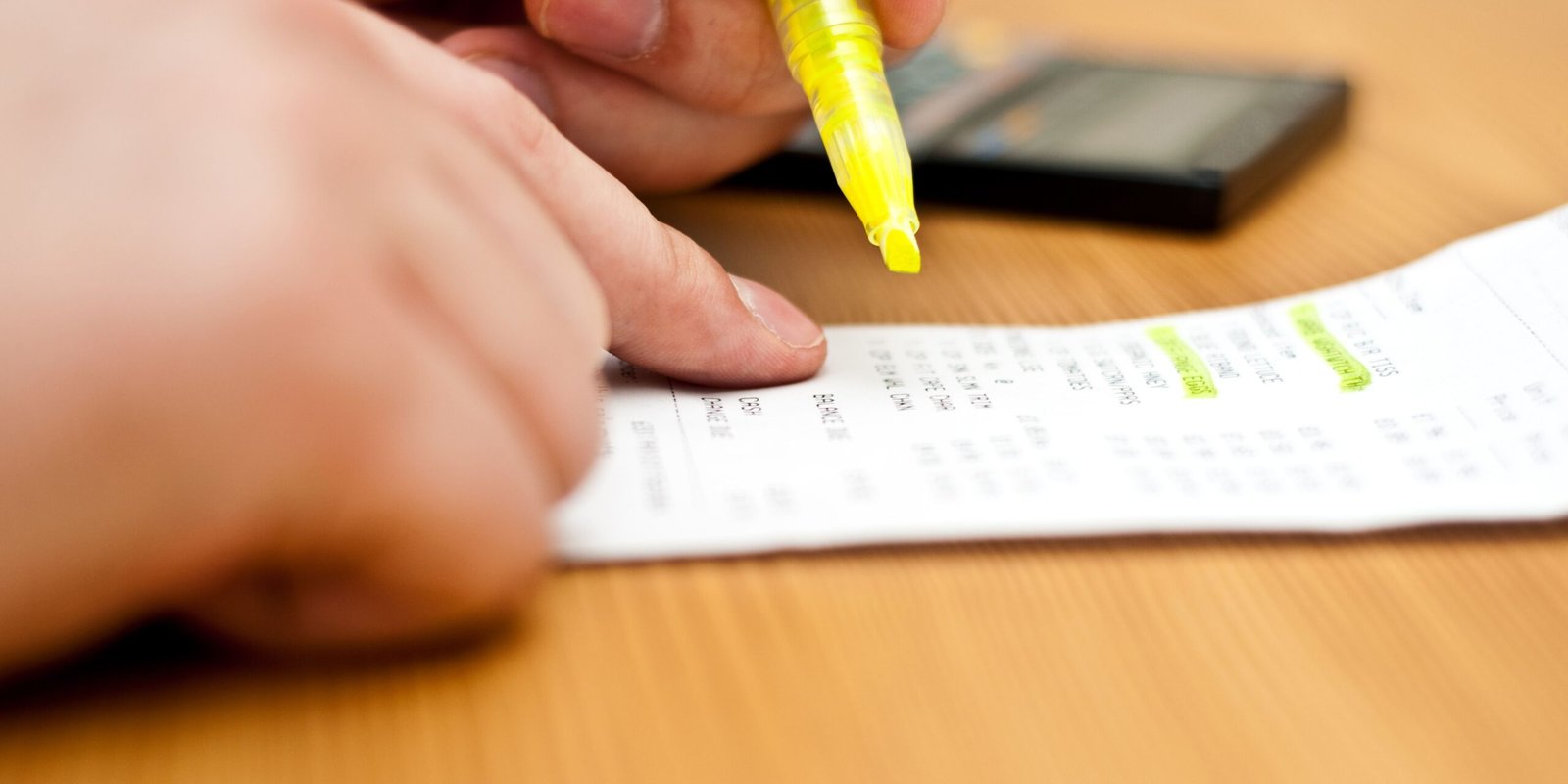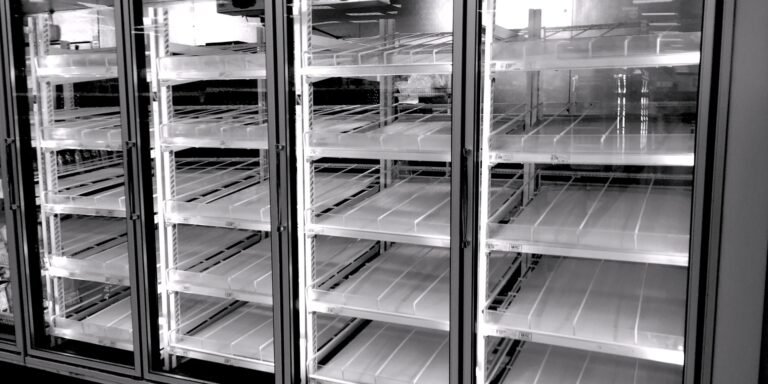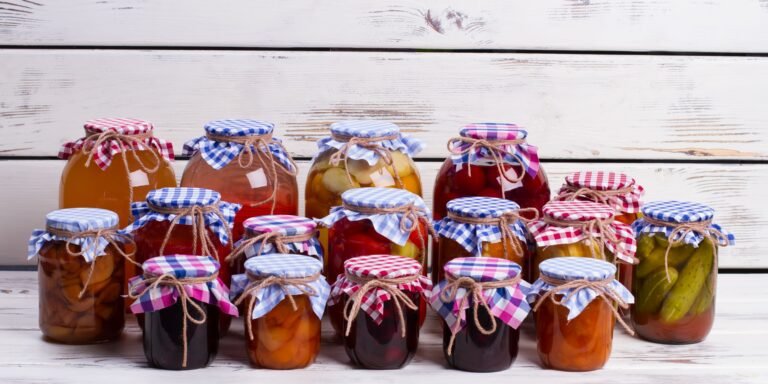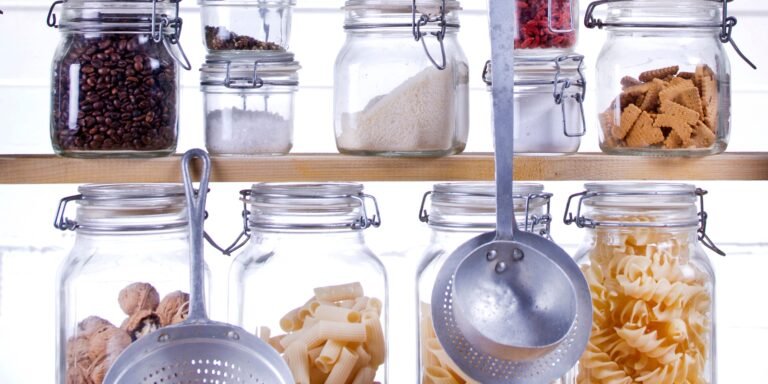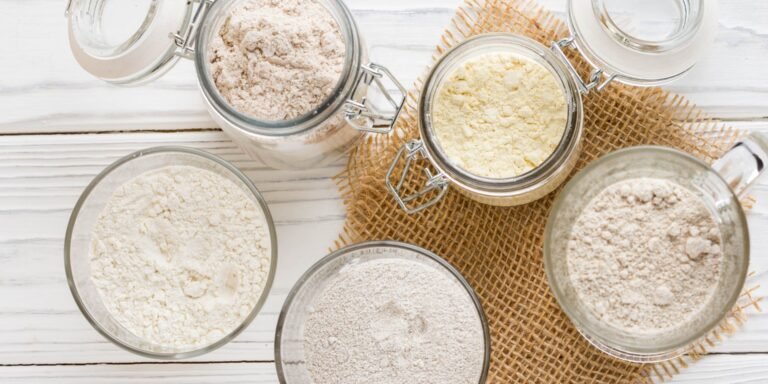How To Get Organized and Start Prepping On A Budget
This post may contain affiliate links, full disclosure here.
If you want to start prepping or have already started, you’ve already found that it can be expensive! So, where should you begin your preparations? And how can you be a budget prepper?
Doing your research, taking inventory of what you already have, making a strategy, and starting a budget are all important steps in budgeting. It is also critical that you begin with the most basic necessities: food and drink. Then decide on your priorities and do the task correctly the first time so you don’t have to restart. You may become the ultimate prepper in no time if you can keep your spending under control.
When disasters strike our world, a large portion of the population suffers. Natural disasters are unpredictably unpredictable. Hurricanes, tsunamis, and floods are just a handful of natural disasters that can disrupt people’s lives. Everyone can prepare food on a budget, but it needs proper planning and resources to do so properly.
Terrorist attacks, wars, strikes, and economic disintegration are all examples of harsh tragedies that can occur. We all pray we never have to experience events like these, but it is our responsibility to prepare ourselves as best we can.
Preparing for something has become so routine that we aren’t even aware of it. There are numerous occasions: preparing for work the following week, arranging a vacation, organizing events, and deciding what to clean and when to clean.
Preparation is essential in all situations, from the silliest to the most important. As a result, preparation for a possible tragedy is a must.
Preparing is a difficult task, therefore you may require assistance. But don’t expect it to empty your bank account. There are a few simple actions you can take to stay organized on a budget.
See also: Top 20 Barter Items to Stockpile
What You Need to Consider First When Prepping
When you first start preparation, it might feel quite stressful and costly. But it’s not as difficult as you may assume. I was a stay-at-home parent when we first started preparation, and my husband was still in school while working part-time. When we came down to decide what we wanted to do, all we could see were dollar signs! We were also renting, which limited the number of changes we could do to our home. We didn’t want to, and we couldn’t afford to spend a lot of money. We didn’t know where to start either. But we tried to do the best we could given the circumstances. We needed to be smart.
We conducted extensive study into the many items we would require, as well as an inventory of our home to determine what we already had. Then we made the finest decisions for our family in order to be as prepared as possible. We’re still in the process of putting things together. We continue to do our homework and try to save as much money as possible. We don’t have all we want or need, but we’ve started and are continuing to prepare, and that’s all that matters!
Whether you’re just getting started with the preparation or in the middle of attempting to save money, this list should help you feel prepared without spending all of your hard-earned money.
Your top focus should be the basic necessities for survival in any situation: water and food.
See also: How To Store Quinoa Long-Term
Water
Even if you invest in the best survival gear and build a cool off-grid bunker, you won’t last long without the life-sustaining necessities of food and water. Determine how much money you’ll spend on meals with a lengthy shelf life in your financial plan. It makes no difference whether you budget monthly or weekly. The only thing that matters is that you have a budget and that you stick to it.
Water is quite easy to come by practical places on the planet. Larger quantities are also available, and the expenses are not prohibitively high. Furthermore, storing it is simple.
Water filters may be useful in some situations, so buy one if you can. It is cost-effective in the long run. Purifying tablets are a third option.
They aren’t as expensive as you may imagine. A pan and a heat source should be accessible for boiling doubtful water to ensure that it is safe to drink or cook with.
Budget for Water Storage
It’s a good idea to have some water bottles, jugs, and maybe a 55-gallon water tank or two on hand.
Begin by ensuring that you have a few packs of easily accessible water bottles on hand. They’re inexpensive at Sams Club or Walmart, and you may drink one at a time.
Then, to fill with tap or other potable water, locate and thoroughly clean some gallon or litter-sized jugs. Then, if you have a large enough storage space, garage, or shed, consider using some 55-gallon water storage tanks.
Purifier for Water
For many people, storing substantial volumes of water is impractical. In that scenario, setting aside $5 to $10 each week to purchase a water filter like our current pick, the Survivor Filter PRO, in 5 to 10 weeks would be a terrific idea (See on Amazon). It’s one that I take camping and keep on hand in case of an emergency. It’s fantastic since it filters down to 0.01 microns, removing viruses, bacteria, and parasites while also reducing heavy metals, taste, and pollutants.
A water filter is a good investment, especially if you need to move out of town fast and leave your water barrels and jugs behind. It’s best to keep it in your bug-out bag for convenient access.
More water resources
- Storing Water For Emergency Situations
- Why We Need Water Purification
- Why Filter Your Water In An Emergency
Food
Food is one aspect of the solution that you don’t want to skimp on. It’s critical to be healthy and receive all of the vitamins your body requires. You have a lot of choices: frozen or canned foods. The expiration dates on cans are frequently longer, allowing you to open them after a few years.
You can choose from a variety of soups, veggies, fruits, and even meat. You can compare items and buy the cheapest or when they are on sale if you are organized, but be cautious and pay attention to the quality and expiration dates. It isn’t unreasonable to demand that money be spent on nutritional food.
Safety Tools
Keeping only your essential supplies is a challenge. We all know how difficult it can be to decide what to keep and what to discard. This is a comparable circumstance. You must determine which items are required, which are flexible, and which are simply unnecessary.
A first aid kit, pocket knife, cordage, duct tape (which may be utilized in a variety of ways), a lighter, soap, or hand sanitizer, and a flashlight are some of the inexpensive items you’ll need.
Most of these items are already in your home if you think about them. If you do require them, they are less expensive than you may imagine. If you want to be sure you don’t go over your budget, go to a few different places and compare prices.
You’ll have a head start if you get your supplies ahead of time. When a crisis strikes, it is absolutely difficult to locate anything you desire or require.
Documents in Your Name
Personal documents are an element that we are prone to overlook. We’ll need them to restart our lives after the crisis is passed. Remember to bring all of your relevant papers and, if possible, make copies of them in case the originals are damaged.
The duplicates can then be placed in various locations around the house, in your car, and in any other easily accessible location.
Shelter
Another crucial component that must not be overlooked is shelter. Having a bug-out strategy in place is the greatest approach to ensure you’ll have an escape plan. It could be an apartment or a house where you don’t actually live. It is purchased and kept on hand in case of a disaster.
Another option is to find family or friends with whom you can remain in the event of an emergency until further arrangements can be made.
Frequently, towns may provide schools or churches as shelters for those who are unable to stay in their homes due to a calamity. When one of these shelters for persons in need opens in your community, you will usually be notified.
Consider going camping and bringing everything you’ll need to set up a makeshift shelter. A large tent with all of the required amenities including pillows and blankets to keep you warm. You want to keep yourself safe from the elements.
Getting Organized Before You Start To Prep
Get Your Priorities Straight
It is critical to determine what is most essential to your family. In these instances, ask each family member what is most important to them. Make a list of those things so you don’t forget what each person’s priorities are. Print that list and stick it on the fridge so you can see it and check things off as you finish or obtain them.
You’ll know where to begin once you’ve determined what’s most important. Is it a lack of food, a lack of shelter, or a need for specific medication? What kind of survival skills do you now possess? What exactly do you need to know?
There are several clear priorities that should be at the top of your priority list. A first-aid kit, food, drink, clothing, and medication are among these items. Start with the most critical items while creating your budget. Even when prepping, there are some “luxury” products that may wait until the fundamentals are in place. This is where creating a budget comes in handy.
Use What You Have
What kinds of items can you start gathering around the house that can help you prepare kits? Save any old newspapers or magazines you may have. They can assist you in starting a fire. Fill your empty pill bottles with Vaseline-coated cotton balls or shredded jute for an additional quick fire starter. Gather items from your medicine cabinet to assemble a first-aid kit that can be taken with you on the go.
When you first begin your food storage, keep things basic by purchasing three canned goods at a time. One for now, and the other for later. Almost any food with a long shelf life can be used in this way. Start keeping track of the meals you prepare each week and stock up on some of your go-to goods.
Remember to rotate your food stockpile as well.
Make sure you have a full 5-gallon petrol can on hand at all times. Or Make it a practice to keep your car’s gas tank above 12 gallons. When calamity hits, small habits can make a big difference.
Make Lists
Making a list will help you better arrange everything you need. You’ll be able to see what you can get rid of and what you need to add to your current supplies more clearly.
You can even go one step further and develop a list of the procedures to follow as well as what you’ll need to take with you if you have to evacuate.
This list will serve as a map for you if and when the time comes. You’ll have everything you need in front of you; all you have to do now is cross items off your to-do list.
At first glance, budgeting for food preparation may appear difficult. It is, however, all about patience, organization, and learning. If you begin preparing as soon as possible, you will eventually have everything you need to survive a calamity. Low-cost things can be found anywhere; all you have to do is look for them.
There are a plethora of resources available to help you select what kind of prepper you want to be. Do you wish to have at least three months’ worth of food and a first-aid kit? Or do you want to go all out and build a bunker in your garden or in a remote spot with a year’s worth of food storage and 72-hour kits?
Do some research on the item you wish to purchase. There are a plethora of brands and retail outlets to choose from. We find that Amazon has the most variety, usually has reasonable rates, and the two-day shipping is unbeatable! If you don’t do it correctly, it can be costly, which is why you should… Develop a strategy.
Developing The Plan
Here are some ideas to get you started on your plan.
- How much money do you have available each month?
- Consider the challenges that you might face in your area. Is a hurricane, fires, earthquakes, civil upheaval, or a worldwide pandemic more likely to strike you?
- Are there any specific disasters that occur in your area for which you should be better prepared?
- What level of preparedness do you desire?
- What rooms do you have available for food storage? What sort of space do you have at home to keep the things you need? (hint – dark and cool areas, such as a cold storage, are best for storing food storage)
- Make a list of the items you’ll need in your food storage and around your house, such as first aid kits, 72-hour kits, and prescriptions.
- Many of the items you’ll need are likely already in your home. Gathering them all together so you know where everything is and that nothing is out of date is a good start. Why buy anything new when you already have it?
It’s lot simpler to keep to your budget when you have a plan in place, and you’ll know you’re not spending money on stuff you don’t need.
Making and maintaining to a budget can aid you in being as successful as possible in your preparation. If you can afford it and have your food store in order, buying a generator and spending hundreds of dollars on it is an excellent idea. However, it may not be the most practical solution in your situation.
Determining how much money you have to put into prepping can help you figure out what items are most vital right now and what you’ll need to save for later. You may not spend any money some months, but you will set aside your monthly budget to save for a larger item to purchase in a few months.
We recommend stocking up on food and water for at least three months. Then there are survival goods like a first aid pack, 72-hour kits, a water purification system, and even a generator to consider.
Keep a close watch on the cost of the larger products you’re saving for. If you keep an eye on something for a few months, it will almost always go on sale. You’ll know what the best price is and can take advantage of it the next time it goes on sale, saving money that you can use towards something else.
It’s important to remember that it’s not how many things you have that will help you live, but how effective those items are when you need them. Sure, a camouflage toilet seat is cool, but wouldn’t $20 be better spent on something else? Do you want to cleanse your water using a Life Straw?
Practice Your Survival Skills
You can practise a variety of various survival techniques.
Here are seven fundamental abilities to get you started.
- Starting/building a fire.
- Tying rope.
- Water purification.
- Fishing or hunting.
- Knowing what plants are edible.
- Building a shelter.
- Reading a map.
Let’s set up camp in the backyard and see how everyone gets along. It’s excellent practise, and you’ll be prepared to set up that pesky tent when the time comes. It’ll be a hit with the kids!
Get Fit
To live a long and healthy life, we should be doing this anyway. Being in shape can be beneficial in a variety of ways. You don’t want to be out of shape and have to hike or walk great distances because you’re not in good form. If you’re in good shape, you’ll be able to better control your body temperature. Doctors urge that you exercise for at least 30 minutes each day.
Get Your Bug Out Bag Ready
The primary premise behind preparation is that if you are prepared, you will be ready for anything at any moment. A 72-hour kit is an excellent place to begin. A 72-hour kit is a three-day supply of food, water, clothing, and other necessities. Until aid arrives or you arrive at your destination, you can eat and live off of this bag.
Know World Events
Keep an eye on the news. Turn on the radio. Take a look at the newspaper. Keep an eye on what’s going on around you. The more you know, the better prepared you will be. You’ll have a better idea of what to expect in terms of weather and will be able to adjust more quickly if necessary. Perhaps an emergency will not come as a shock, and you will have more time to ensure that everything is in place if necessary.
Bottom Line Guide To Prepping on a Budget
Because only you know your financial condition, I can’t write up a budget and plan for you. But I can assist you in getting started. The most critical aspect of budget planning is having a plan. If you plan ahead of time, you can save a lot of money. Always take a glance about the house to see what you have.
Sticking to a budget will require the most self-control and self-discipline. You don’t require everything at this time. Unless you have a strong impulse to do so, or you are aware of a tragedy on the horizon. Then go for it!
Get the things you require. BUT!!! There’s no need to go into debt to buy all you need right now. Begin saving right now. Setting aside that money each month will assist you in making the best judgments possible at the proper moment. It will reduce the number of impulse purchases that we regret and don’t require.
